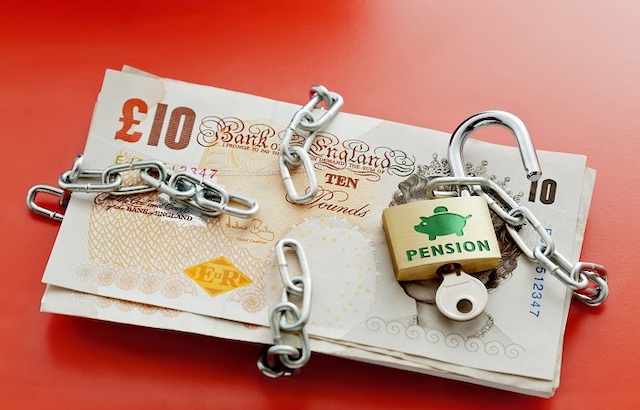More than half (56%) of retirees who accessed their pensions in 2021-22 took out their entire retirement funds, research by advisory firm NFU Mutual found.
The company is now worried this trend will trigger large tax bills for scheme members.
According to data by the Financial Conduct Authority, of the 705,666 pensions that were accessed for the first time last year, 395,237 were fully drained.
Although around 260,000 of those were smaller pots with less than £10,000 in them, the number of full withdrawals from bigger schemes is also on the up. NFU found an increase of 15.5% in pensions over £50,000 ($55,300, €57,000) being fully cashed in – from 15,296 to 17,661.
Worryingly, over 10,000 of such withdrawals were made without seeking financial advice beforehand, potentially leading to people having to pay more tax than they would need to.
Have a plan
Sean McCann, chartered financial planner at NFU Mutual, said: “Fully withdrawing a pension can spark an unnecessary tax bill and leave retirees with limited funds for the future.
“Although more than 260,000 of these full withdrawals were for smaller pots with less than £10,000 in them, there are still thousands of people cashing in pensions worth significant sums.
“Cashing in pension pots of more than £50,000 will push many into the 40% or 45% income tax band and leave them with a large tax bill they weren’t expecting. In many cases, the tax bill can be reduced by phasing withdrawals over a number of years.
“Those cashing in their pension funds in full may not only suffer a significant income tax charge, they may also expose any future growth on the money to income tax, capital gains tax and potentially inheritance tax.
“Some people cash in their pension funds without a clear idea of what they plan to do with the money, often putting it into a bank account. If investors are concerned about market volatility, talking to their pension provider about lower risk funds may help them avoid an unnecessary tax bill.
“Although it sounds counter-intuitive, for those that can afford to, pensions should be the last investment they access in retirement because of the protection they can offer from inheritance tax.”








